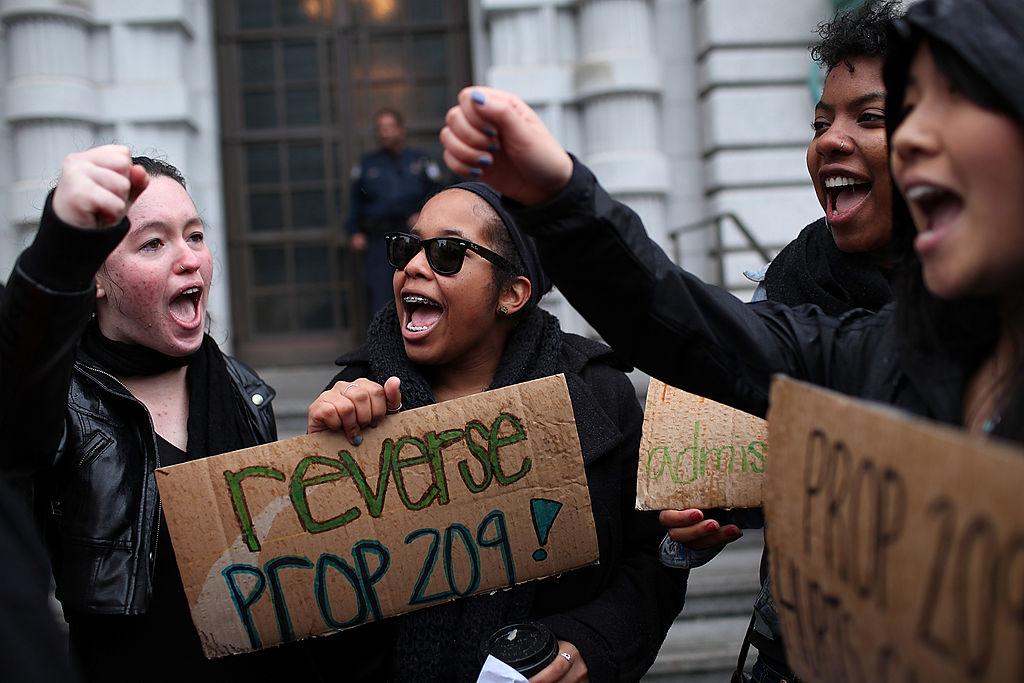An amendment to California’s Constitution that would allow the governor to approve funding for programs targeting specific ethnic groups, genders, or sexual orientations passed the Assembly this month and will next be heard in the Senate.
If approved there by a two-thirds majority, as was the case in the Assembly, the issue will be placed on the 2024 ballot for voters to decide.





